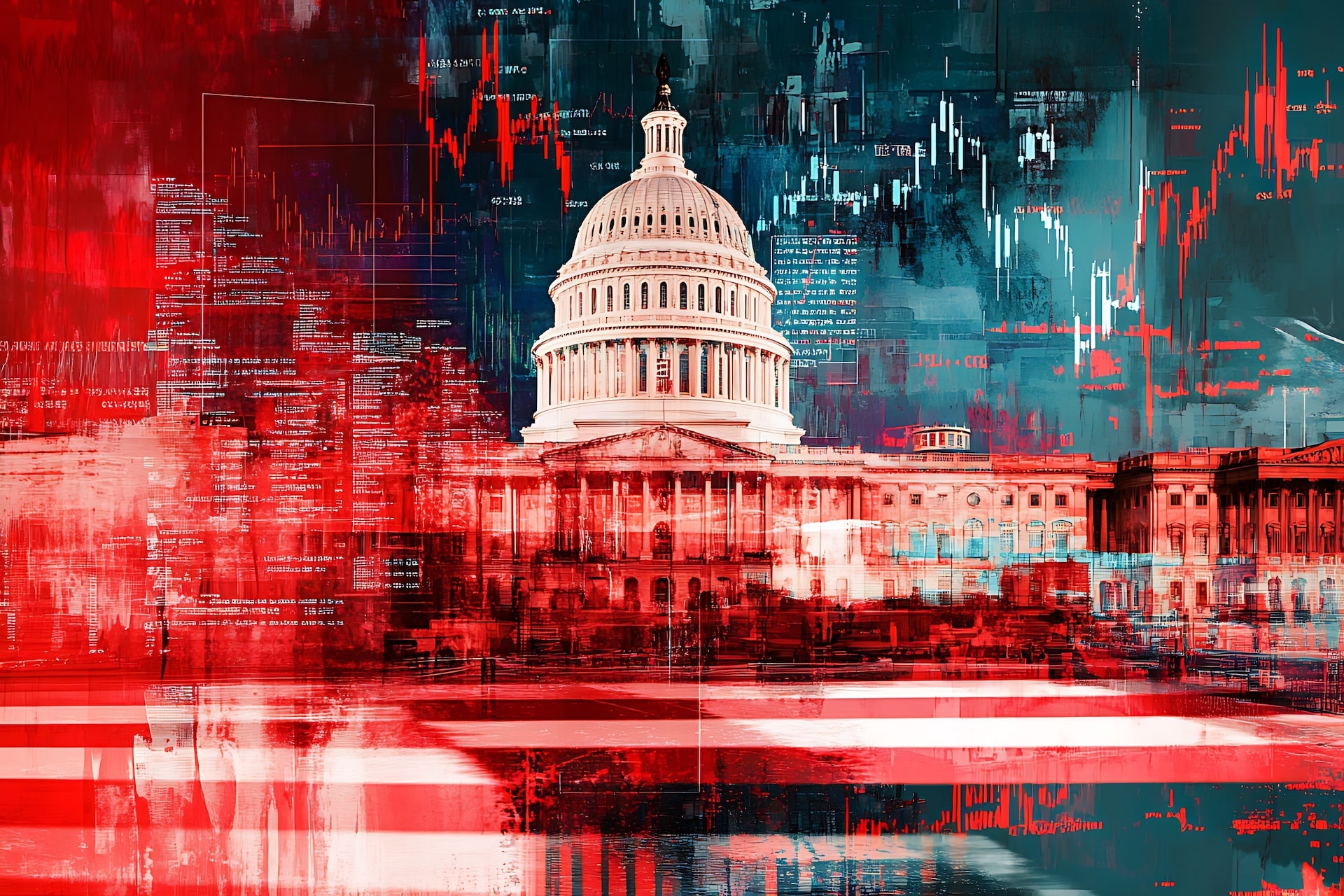Credit Sesame’s personal finance weekly news roundup June 11, 2022. Stories, news, politics and events impacting the personal finance sector during the last week.
- Inflation accelerated in May
- Consumers using financial apps more and enjoying them less
- Elon Musk sounds alarms about Tesla and the Economy
- Apple gets into the Buy Now Pay Later game
- Brookings Institute takes credit card payments to task
- Poorer Americans gain ground in net worth
- Jobless claims continue upswing
- Consumer borrowing rising fast
1. Inflation accelerated in May
After easing a bit in April, inflation returned with a vengeance in May. The Bureau of Labor Statistics reported that the Consumer Price Index rose by a full percentage point during the month. That brought the inflation rate for the past twelve months up to 8.6%. Energy costs continued to lead the surge in prices. Fuel oil prices were up by 16.9% in May alone. That raised their total increase for the past twelve months to 106.7%, meaning that the price of fuel oil has more than doubled in the space of a year. See full report at BLS.gov.
2. Consumers using financial apps more and enjoying them less
A new JD Power study found that consumers are using banking and credit apps more. However, as they become more familiar with these apps, they are judging them more harshly. The study found declining consumer scores across multiple categories: banking apps, bank websites, credit card apps and credit card sites. National bank apps suffered the steepest drop in public opinion. Consumers also took a worsening view of their own financial condition. The study found that the percentage of people describing themselves as financially healthy dropped from 53% to 43%. Those describing themselves as financially vulnerable rose from 25% to 32%. See press release issued by J.D.Power.
3. Elon Musk sounds alarms about Tesla and the economy
Count Elon Musk among those who are bearish about the economy – or at least about his own company. The Tesla CEO sent e-mails to company executives saying he has “a super bad feeling” about the economy. He ordered them to pause all hiring worldwide. He also said the company has become overstaffed and will reduce headcount by 10% of Tesla’s 100,000 employees. Tesla’s stock took a heavy beating in response to the news, dropping 9% on the day after the e-mails were reported. See story at Reuters.com.
4. Apple gets into the Buy Now Pay Later game
Apple announced that it will be launching a Buy Now Pay Later (BNPL) service called Apple Pay Later. It will be available through Apple Pay in the Wallet app. The news comes as BNPL industry leaders are struggling following a period of rapid growth. BNPL firms have recently reported disappointing financial results and layoffs while the sector has attracted increased regulatory attention. Apple’s entry only complicates the competitive landscape for more established players in the BNPL space. Read full article on Yahoo.com.
5. Brookings Institute takes credit card payments to task
A new study by the Brookings Institute criticizes the credit card industry for encouraging consumers to accumulate debt and maximize interest charges. The focus of their criticism is the method used to determine minimum payments on credit card debt. According to Brookings, this approach results in artificially low payments. Those low payments cause debt to take an abnormally long time to be paid off, resulting in higher interest charges. The study found that with a typical minimum payment formula at recent interest rates, a $3,000 credit card balance would take 11.5 years to pay off. Over that time, the consumer would incur $3,154 in interest charges, on top of the $3,000 original debt they’d have to pay back. See full study at Brookings.edu.
6. Poorer Americans gain ground in net worth
The lower half of American households by net worth have been building wealth more quickly over the past two years than their richer counterparts. The total wealth of the bottom 50% of Americans by net worth has almost doubled in the past two years. That’s a faster rate of gain than any other net worth group. Households in the bottom half of wealth have made longer-term gains as well. Their total wealth is more than 10 times what it was in 2011, and represents a higher share of the nation’s wealth than at any other time in the past 20 years. See article at Bloomberg.com.
7. Jobless claims continue upswing
The Department of Labor announced that new unemployment claims rose last week, reaching their highest level since January. This continues a general rising trend in unemployment since jobless claims bottomed out in March. However, this trend is not yet considered cause for concern. Jobless claims are only slightly above where they were prior to the pandemic. Also, the overall unemployment rate remains low. In fact, a cooling of hiring demand might ease some of the inflationary pressure from labor shortages. See article at Yahoo.com.
8. Consumer borrowing rising fast
Consumer debt outstanding reached a record level in April, following a third straight month of increases in excess of $30 billion. Revolving credit grew at more than twice the rate of non-revolving credit. Revolving credit is mostly credit card debt, while non-revolving credit represents term loans. A high growth rate of revolving credit is disturbing because this type of debt will be most immediately affected by rising interest rates. See MSN.com.
Weekly News Headlines from Credit Sesame




















